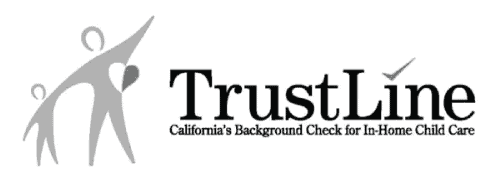As a new parent, one of the first decisions you’ll make is how you’ll feed your baby. The choice is yours to make and it’s essential to understand each option to make the best choice for you and your little one.
Breastfeeding and formula feeding each have unique benefits and drawbacks.
Breastfeeding Pros:
- Nutritional Benefits: Breast milk provides the nourishment your baby needs for early development and is considered the gold standard for infant nutrition.
It’s also rich in antibodies that help to protect your baby from infections and illnesses. - Bonding: Breastfeeding provides a unique bonding opportunity between you and your baby. This close skin-to-skin contact can be soothing and calming for you and your baby.
- Convenience: No need to pack and sterilize bottles or warm formula. You can feed your baby on demand, anywhere and anytime.
- Cost Effective: Breast milk is free and eliminates the need to purchase formula and feeding supplies.
Breastfeeding Cons:
- Medical Challenges: Some women may have medical conditions, not advisable to breastfeed.
- Physical Challenges: Some women experience discomfort or pain while breastfeeding
- Low Supply: Some may not produce enough milk to feed their baby fully.
- Lifestyle Limitations: You’ll need to be available to feed your baby every 2-3 hours, which can be challenging if you’re working or have other responsibilities.
- Lack of Privacy: Some women may feel uncomfortable breastfeeding in public or in front of others.
Formula Feeding Pros:
- Convenient: Formula feeding allows you to feed your baby on a schedule, even if unavailable. This structure makes it easier to plan your day and get things done.
- Partner Involvement: Formula feeding allows both partners to take an active role in feeding and bonding with the baby.
- No Physical Challenges: Formula feeding eliminates the physical challenges that some women experience with breastfeeding.
- More Time for Yourself: Formula feeding provides a break and allows you to rest and recharge.
Formula Feeding Cons:
- Cost: Formula and feeding supplies can be expensive and add up over time.
- Availability: There is a potential for limited stock, availability, and or health and safety recalls
- Nutritional Differences: While the formula has come a long way, it still can’t match the nutritional benefits of breast milk. Breastfed babies have fewer infections and hospitalizations than formula-fed infants.
- Health Concerns: Some studies have shown that formula-fed babies have a slightly higher risk of specific health issues, such as allergies and ear infections.
The choice between breastfeeding and formula feeding is personal. It’s essential to do your research, consult with your doctor, and trust your instincts. Both breastfeeding and formula feeding can provide your newborn with the nourishment they need to grow and thrive.



